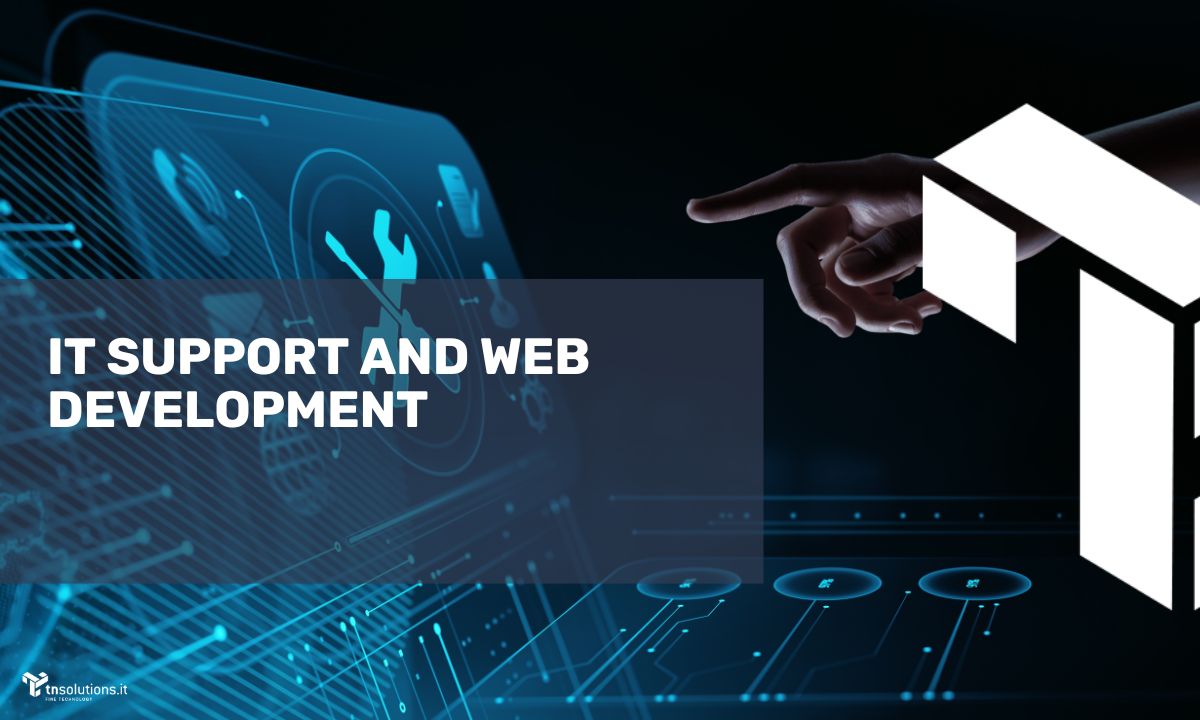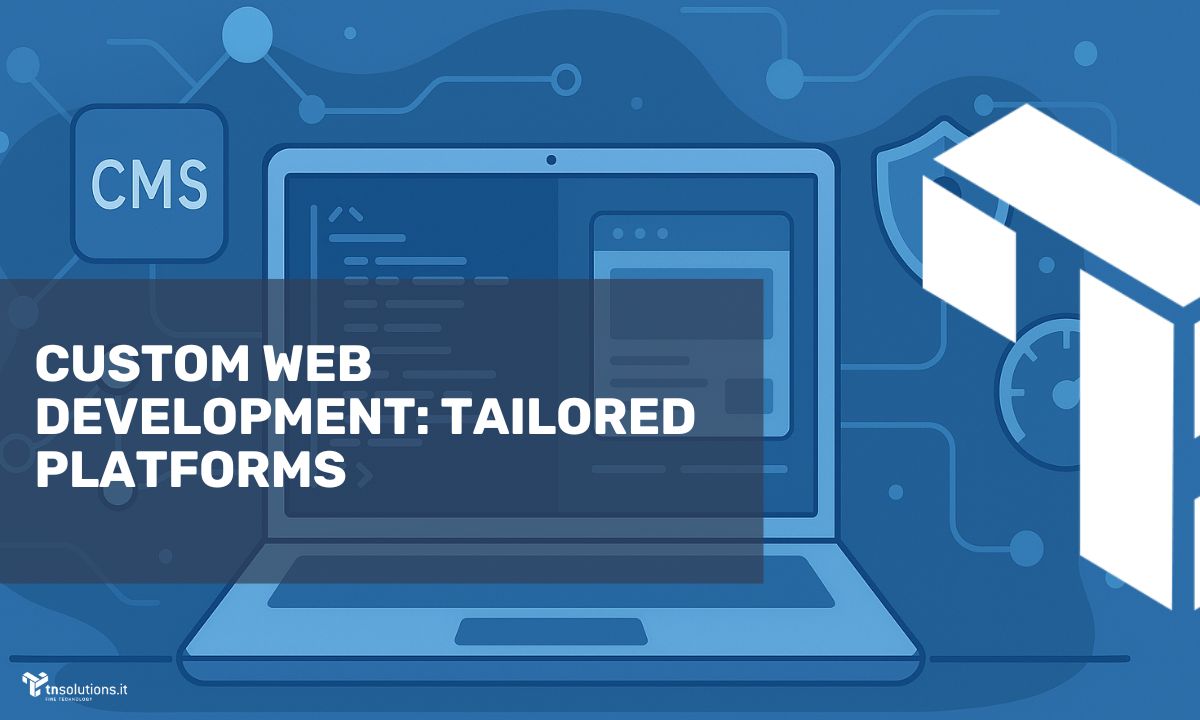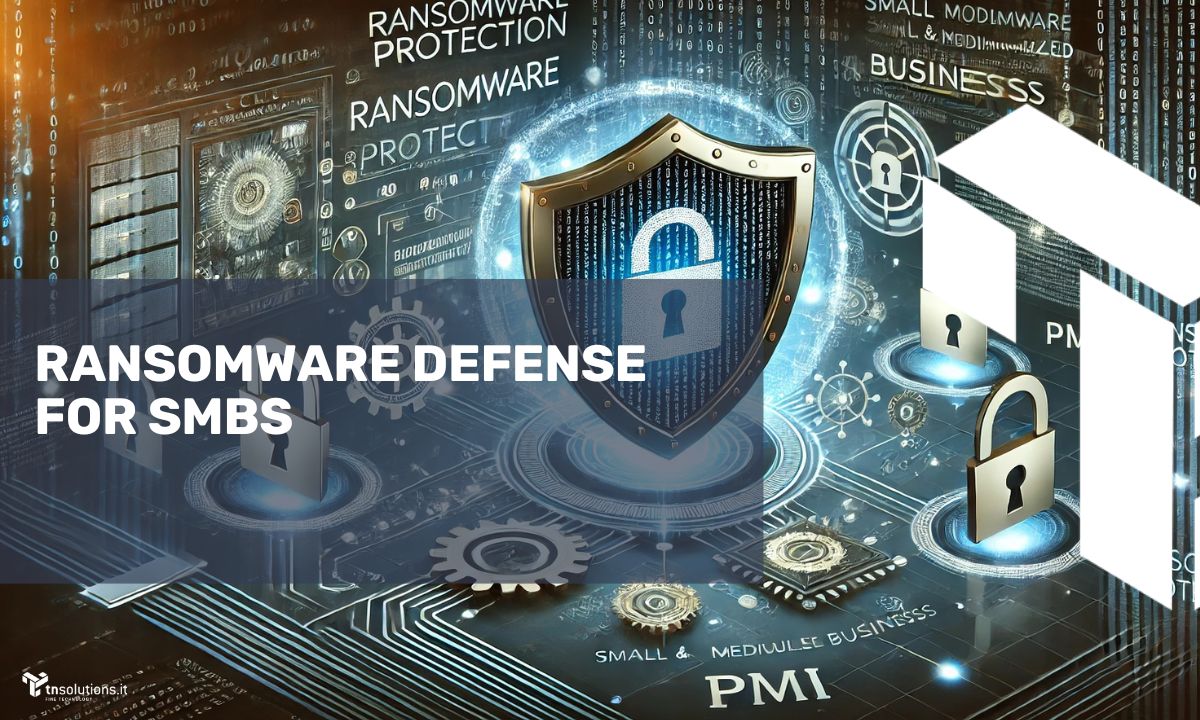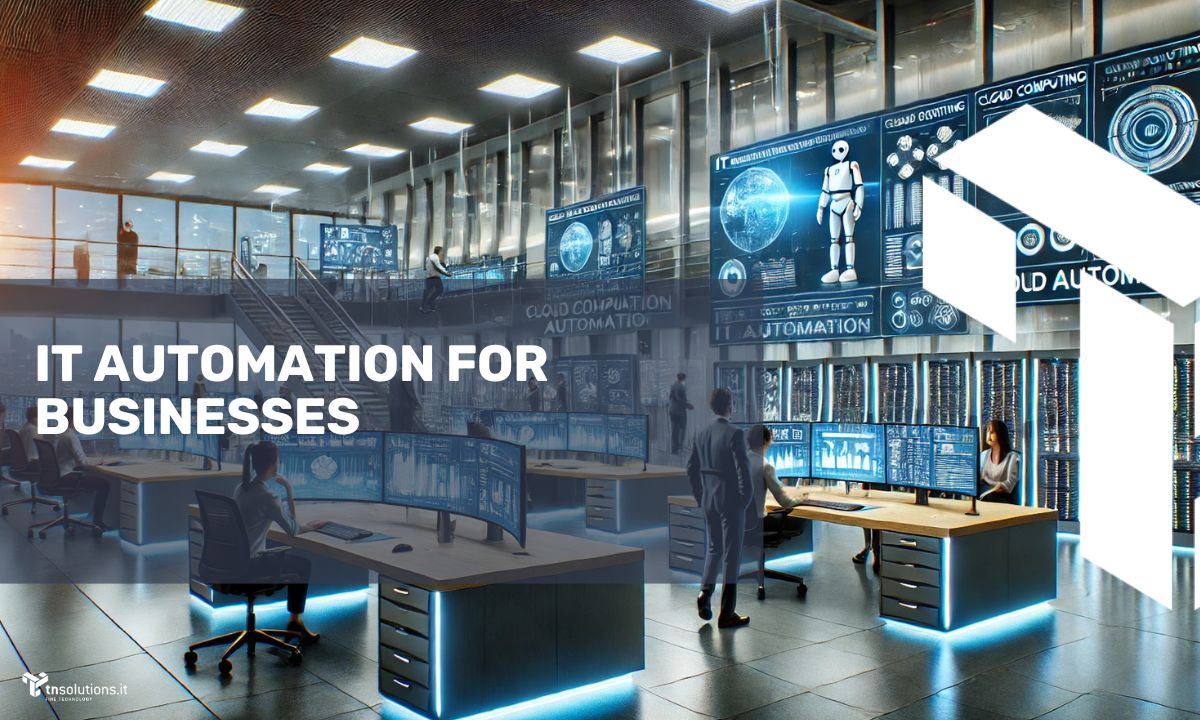
In today’s digital landscape, IT support and web development are vital sectors continuously adapting to new challenges and opportunities. With the rise of emerging technologies like artificial intelligence (AI) and machine learning, alongside process automation and advanced cybersecurity, the IT landscape is rapidly transforming. This article explores the latest trends and innovations in these crucial fields, highlighting how they are shaping the future of IT support and web development.
Artificial Intelligence (AI) and Machine Learning in IT Support
AI and machine learning are revolutionizing IT support by automating repetitive processes and predicting system maintenance needs. Machine learning algorithms can analyze vast amounts of data to identify patterns and anomalies, allowing IT experts to take proactive measures before critical issues arise. For example, AI-based monitoring systems can predict server failures and intervene to prevent unwanted downtime.
Process Automation and DevOps
Process automation is becoming increasingly essential in web development and IT support. DevOps practices integrate software development with IT operations, enabling continuous release and efficient infrastructure management. Tools like Docker and Kubernetes simplify application deployment and management, reducing time and errors associated with manual tasks. This automation leads to faster development and deployment, enhancing responsiveness and overall IT operational efficiency.

Digital Inclusion and Accessibility
Another critical aspect is digital inclusion and accessibility for all individuals, regardless of their physical or cognitive abilities. Web developers and IT support experts must adhere to the Web Content Accessibility Guidelines (WCAG) and adopt inclusive design practices to ensure that websites and applications are accessible to all users.

Sustainability and Green IT
With growing awareness of the environmental impact of human activities, sustainability has become a crucial theme in the IT sector as well. Companies are exploring solutions to reduce energy consumption and the carbon footprint of their IT infrastructures. Adopting green IT practices, such as server virtualization, data center optimization, and using renewable energy, can significantly mitigate the environmental impact of IT operations.
Advanced Cybersecurity and Proactive Defense
As cyber threats increase, advanced cybersecurity has become a top priority for businesses of all sizes. Technologies like behavioral analysis and artificial intelligence are employed to detect and respond to emerging threats in real time. Proactive defense solutions constantly monitor networks and systems for suspicious behavior, ensuring robust protection against attacks like malware, phishing, and ransomware. Additionally, end-to-end encryption and multi-factor authentication are increasingly adopted to safeguard sensitive data and access to corporate resources.
New Business Models Based on Collaboration
The rise of emerging technologies is giving rise to new business models based on collaboration and resource sharing. Crowdsourcing platforms and digital marketplaces are revolutionizing access to talent and skills, enabling companies to quickly find external resources to complete projects and meet operational needs. Furthermore, the “as-a-service” model is becoming more prevalent, with IT services, software, and infrastructure available on a pay-per-use basis. These flexible models allow businesses to adapt to changing market demands while reducing operational costs.

The trends and innovations in IT support and web development are redefining how companies manage their digital resources. Artificial intelligence, machine learning, process automation, and advanced cybersecurity play increasingly crucial roles in ensuring the stability, security, and competitiveness of organizations in the digital era. To keep pace with this rapid evolution, companies must be ready to adopt and fully leverage these emerging technologies to optimize operations and deliver high-quality service to their customers.




